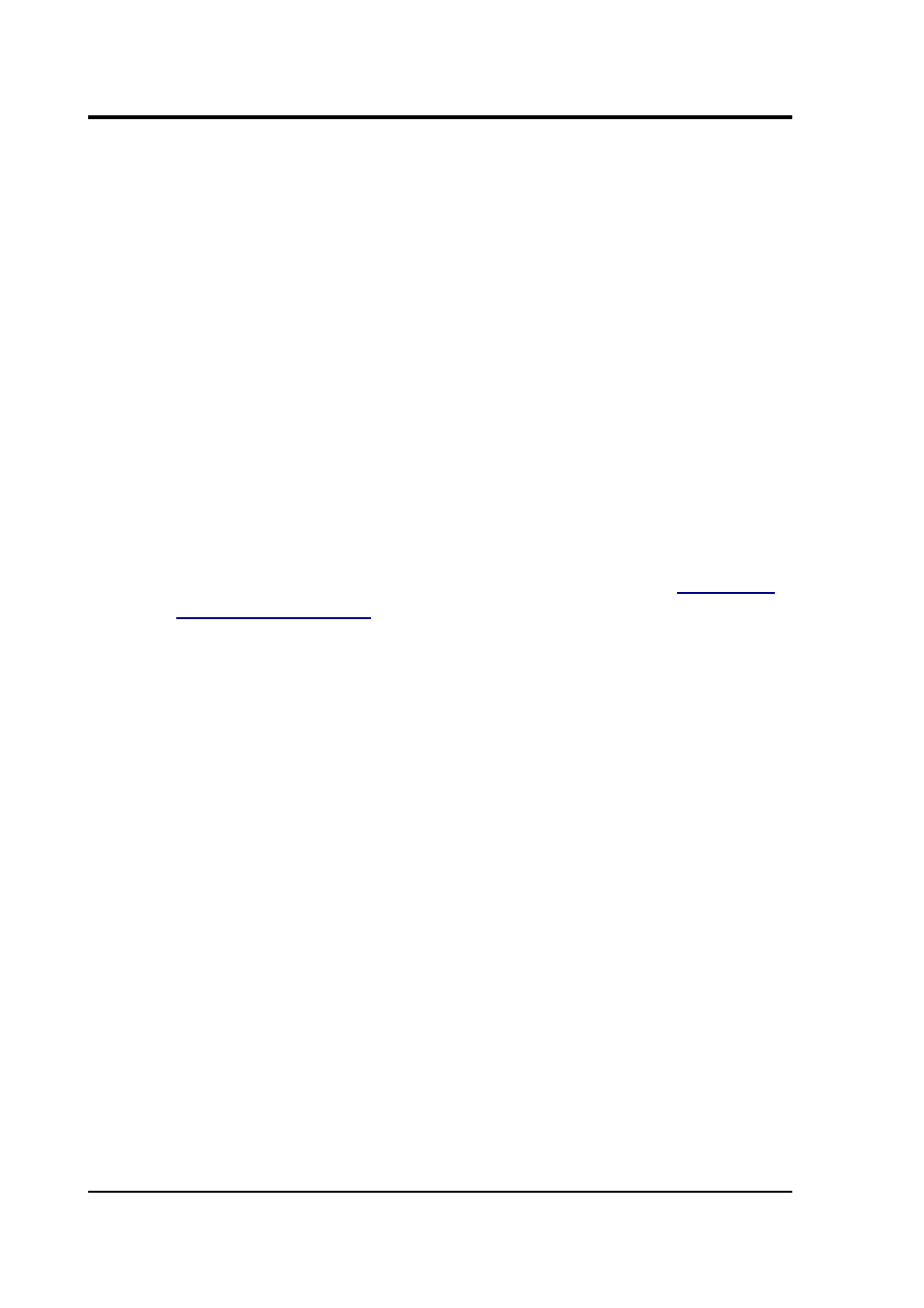Guralp Systems CMG-DM24S12AMS User Manual
Page 26

CMG-DM24S12AMS Operator's guide
Level
Using the Level triggering method, a trigger is generated whenever one
of the checked components reaches a certain level above the baseline.
You can select which tap is monitored from the Data source drop-down
menu, and the channel(s) to be considered from the Channel column of
the table. The values in the Level column are the number of counts
above the baseline that channel must reach before a trigger is generated.
If you wish, you can apply a bandpass filter to the incoming data (see
above) before checking whether it has reached the trigger level.
As with the STA/LTA method, the values of the Level will often be the
same for all checked channels. If you want to use different values for
some channels, you should uncheck Common values before altering
them.
Once you have enabled the Level triggering method on a particular
channel, you can use the Control window to change the level at which
the system triggers without restarting the digitiser (see
Section 3.2,
“Controlling digitisers”
.)
External triggering
When a digitiser triggers, it sends the trigger itself to Scream! as well as
any extra data that it has been configured to record. Scream! can then
pass on the trigger to other connected digitisers. As an example,
consider an installation similar to that depicted in the Introduction
(overleaf).
Here, a ground sensor attached to one of the ports DIGITAL A – F is
being used to monitor local seismic activity, whilst 12 uniaxial sensors
distributed through a building are measuring its response to ground
movements. These 12 sensors are attached to the analogue inputs CH 1 –
12 on the DM24S12AMS unit.
When a seismic event occurs at the ground sensor, it will trigger. This
trigger needs to be passed on to the CMG-5U sensors (via Scream!) so
that the building's response can be measured accurately. Newer 5TD
units and the DM24S12AMS's internal digitisers support this facility. To
configure the above installation, you would carry out the following
procedure:
26
Issue B
